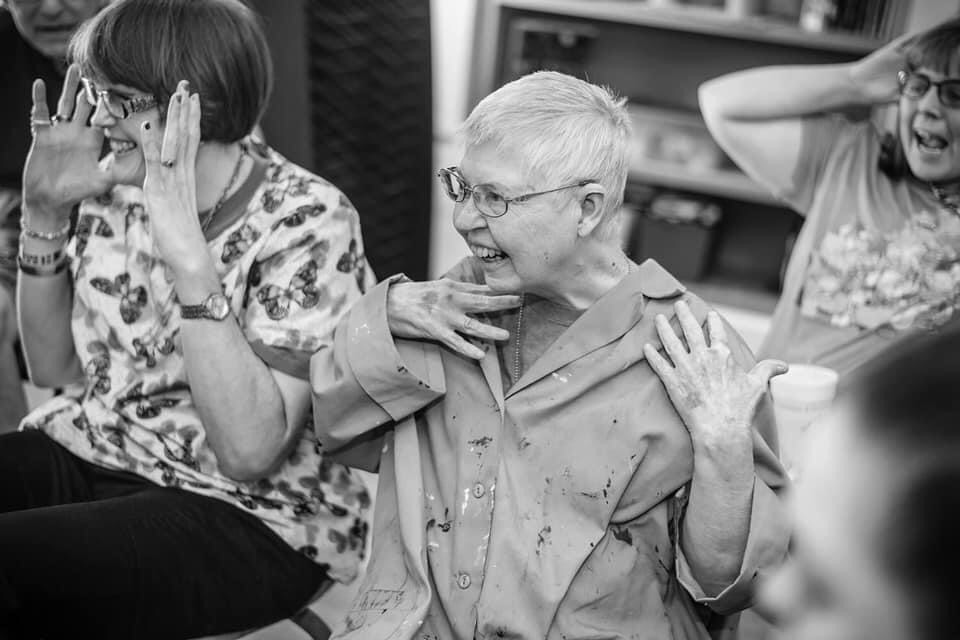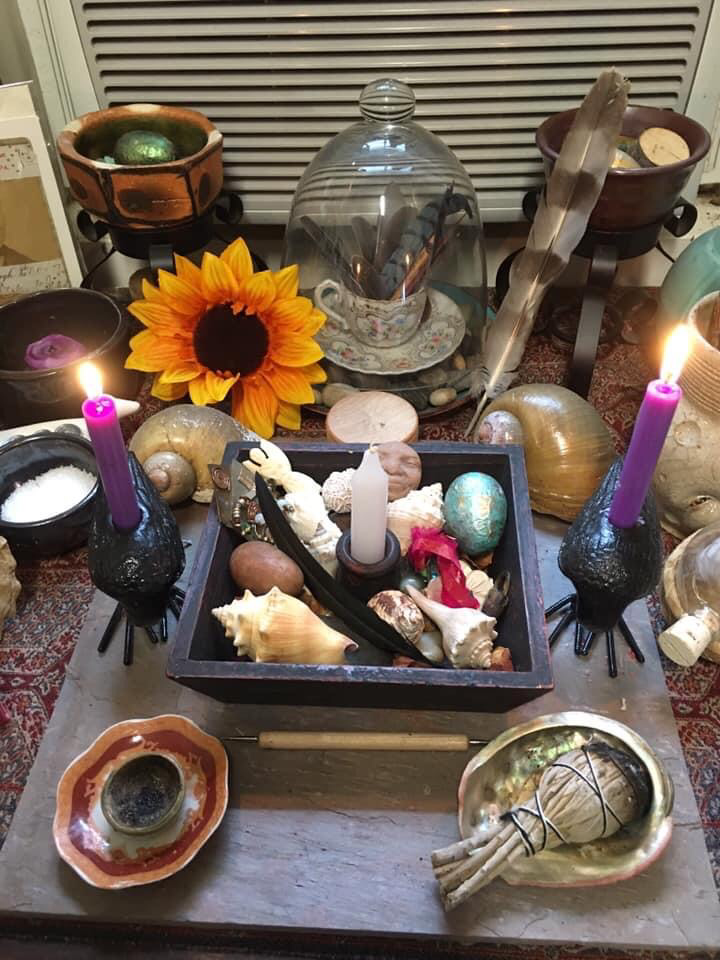“Logic clearly dictates that the needs of the many outweigh the needs of the few.”
~Mr. Spock (The Wrath of Khan 1982)
There have been so many quotes that have resonated with me, but this one seemed to sum up everything that was wrong in the world while simultaneously giving me a blueprint for how to make the world a better place.
Most of my professional life, I have been an advocate for one cause or another. While working for the City of Rock Hill, I was a member of a volunteer force holding monthly recycling collections in an effort to convince city leaders that a recycling program was viable. As the manager of a community arts center, I spent many hours working to raise awareness of the importance of access to the arts for children in rural areas. All of these issues were important but they were seldom personal. I was just someone in a position to draw attention to a need and I did. In fact, I advocated so well for all these causes, while working and raising a family, that I forgot to advocate for myself and eventually hit the proverbial brick wall.
It took three years of therapy, but I finally understood that the reason Mr. Spock’s words hit me so strongly was because he sacrificed his life so other may live. Self sacrifice was not necessary for me to be an effective advocate, quite the opposite in fact, and it was time to refill the well that I had allowed to run dry. So I withdrew what I had in my retirement account, rented studio space, and began the journey back to me.
Now, nearly ten years later, I am at peace with the fact that I don’t have to lead the demonstration to be an advocate. I currently teach art to adults with Intellectual and Developmental Disabilities for UMAR, a charity that provides both residential services and day activity services for these individuals in Western North Carolina. While I still attend the occasional protest march and send financial support to organizations that promote social justice, I find that my most effective advocacy occurs when one of our participants has a break through moment and succeeds where they didn’t think they could. Advocacy can take place in small ways, one individual at a time, and becoming an advocate for my own well being has made me a much better advocate for others.
~Mr. Spock (The Wrath of Khan 1982)
There have been so many quotes that have resonated with me, but this one seemed to sum up everything that was wrong in the world while simultaneously giving me a blueprint for how to make the world a better place.
Most of my professional life, I have been an advocate for one cause or another. While working for the City of Rock Hill, I was a member of a volunteer force holding monthly recycling collections in an effort to convince city leaders that a recycling program was viable. As the manager of a community arts center, I spent many hours working to raise awareness of the importance of access to the arts for children in rural areas. All of these issues were important but they were seldom personal. I was just someone in a position to draw attention to a need and I did. In fact, I advocated so well for all these causes, while working and raising a family, that I forgot to advocate for myself and eventually hit the proverbial brick wall.
It took three years of therapy, but I finally understood that the reason Mr. Spock’s words hit me so strongly was because he sacrificed his life so other may live. Self sacrifice was not necessary for me to be an effective advocate, quite the opposite in fact, and it was time to refill the well that I had allowed to run dry. So I withdrew what I had in my retirement account, rented studio space, and began the journey back to me.
Now, nearly ten years later, I am at peace with the fact that I don’t have to lead the demonstration to be an advocate. I currently teach art to adults with Intellectual and Developmental Disabilities for UMAR, a charity that provides both residential services and day activity services for these individuals in Western North Carolina. While I still attend the occasional protest march and send financial support to organizations that promote social justice, I find that my most effective advocacy occurs when one of our participants has a break through moment and succeeds where they didn’t think they could. Advocacy can take place in small ways, one individual at a time, and becoming an advocate for my own well being has made me a much better advocate for others.




 RSS Feed
RSS Feed